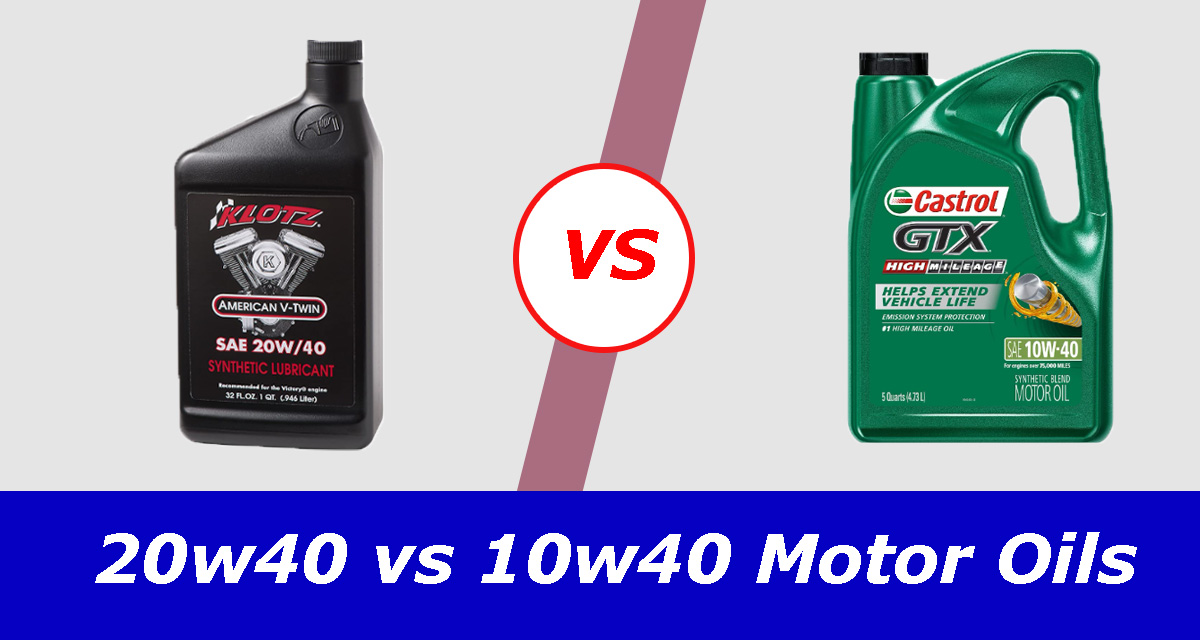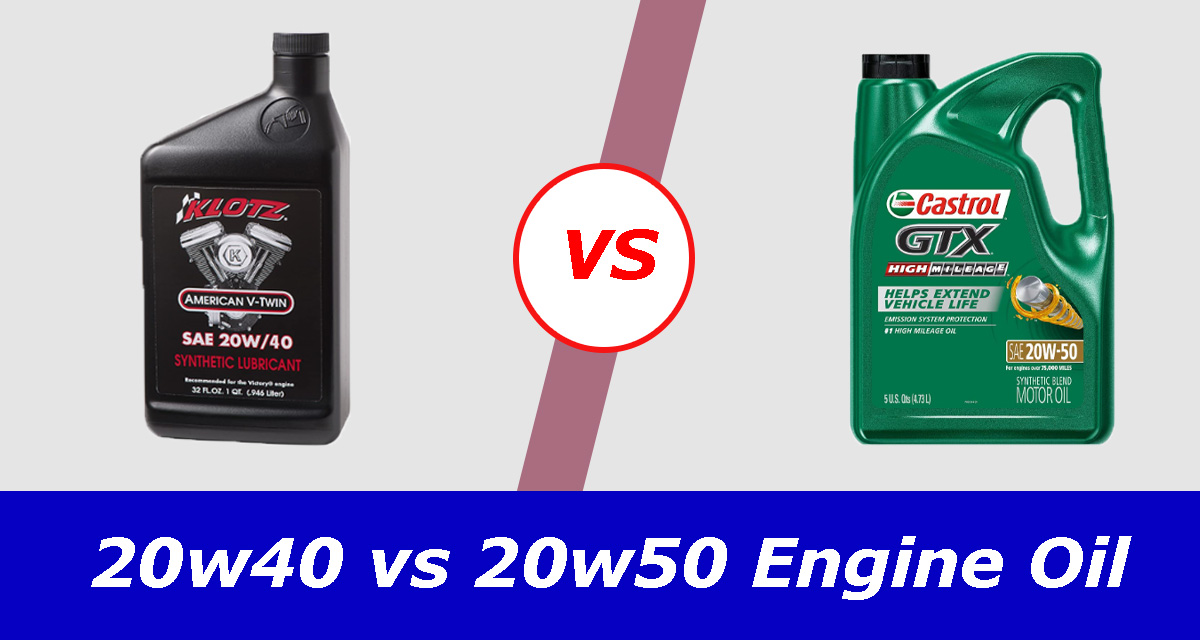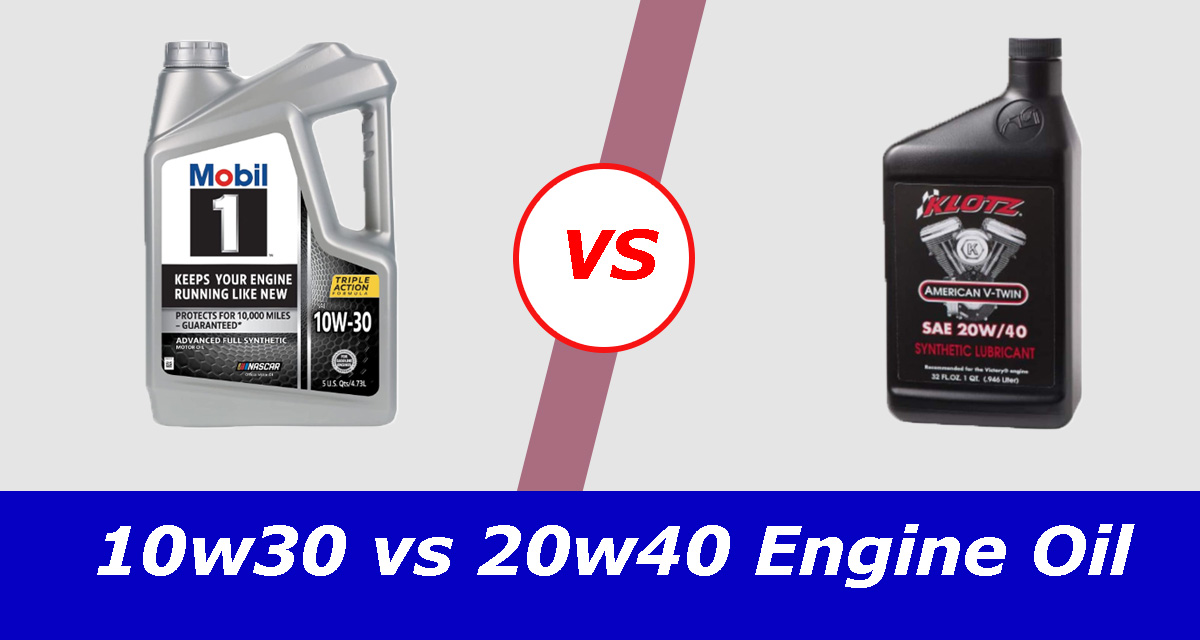Since you’re here, you must be wondering- ‘when to change my Synthetic Motor Oil?’ While many people don’t know the answer, cars are smart, and they always give you signs when they need to be changed.
You only need to pay close attention. The most typical symptoms that it’s time to replace your oil are listed below.
The Different Ways Your Car Tells You It’s Time for a Synthetic Oil Change
Experts now claim that changing the oil every 3 months — or even every 3,000 miles (4,828 kilometers) — is outdated and that most cars can drive much further before needing to be serviced.
It won’t impact your car if you change your oil more regularly than is necessary. It’s not harmful, but you’re squandering money, time, & materials. Also, keep in mind that wasting oil that is still useful is bad for the environment.
Of course, the most obvious way to know if you need a synthetic oil change is to look at your oil tank. However, your automobile will send you many other signals regarding oil change. All you need to do is be mindful and keep an eye out for those signs.
6 Ways to Know Synthetic Oil Change Time

You Forgot How Long It’s Been Since You Changed Your Oil
It’s possible that this isn’t your automobile speaking to you. However, if you can’t recall the last time when you changed your oil, it’s probably time. You should follow the manufacturer’s recommended oil change schedule in your instruction manual.
It’s quite improbable that you’re following them if you can’t recall. Just to be cautious, get a synthetic oil change, and start writing down the date of your previous oil change so you can maintain track.
Your Oil has Darkened and Become Grainy
Checking the oil, as previously indicated, is the best way to determine if you need a synthetic oil change. Fresh oil is meant to be caramel to light brown in color, but it darkens as it degrades and collects contaminants.
However, only because your oil is darkened doesn’t imply it’s no longer effective; you should also check its consistency. It’s time to replace your oil dipstick if you remove it from your engine & can’t see it through the oil. The oil is most likely very dark and thick right now, and it will feel gritty and granular if you touch it.
Your Engine is Making Noises
Engines that are properly oiled merely make a mild hum. If your vehicle is becoming noisy, it could be due to a lack of oil. The oil forms a thin film barrier that reduces friction and noise by preventing metal-on-metal contact. When the oil breaks down, the metals brush against each other, making a lot of noise. Those noises can quickly transform into knocking & roaring.
Don’t become the person with the loud car; have a Synthetic Oil change and return to the pleasant hum of your engine.
Smoke Will Emanate From Your Tailpipe
It’s common to observe transparent vapor flowing out of the exhaust when the temperature is low. If your exhaust is thick with smoke, it’s likely that your oil has gone bad or that there’s a leak in the engine.
The Change Oil Sign on Your Dashboard Turns On
The change oil sign on your dashboard is the most obvious answer to your question, ‘When to Change My Synthetic Motor Oil?’
The sign is set to light up, as per the manufacturer’s oil change recommendations, and you must reset it once you replenish the oil.
If the oil pressure warning (which looks like an oil-dripping can) lights up, your motor engine is a threat of being damaged due to a deficiency of lubrication.
You Become a Frequent Visitor to The Gas Station
Your maximum fuel intake can be affected by a lack of engine oil. When there isn’t enough oil, the engine has to work harder to keep running. The gasoline use reflects all of that work.
If you’re continuously having to refill your gas tank, check to see if your engine isn’t properly oiled. One of the numerous ways to get extra mileage out of your petrol tank is to swap to synthetic oil.
When changing your oil, consider using a fuel additive, such as Performance Improver Gasoline Additive, to extend the life of your gas.
Learn more about switching to synthetic oil

FAQs
Does oil go bad if you don’t drive?
Even if you don’t drive your car very much — far less than the recommended service frequency — you still should replace your oil twice a year because oil degrades with time.
When should I get my next oil change?
If the car you have is still relatively new and you travel for 20 minutes or more at reasonably constant speeds, you’re a good candidate for extending the duration between oil changes.
If your vehicle is older, though, it’s essential to follow the manufacturer’s recommendations.
How often should you change your oil in months?
This is determined by the characteristics of you and your vehicle, such as the type of riding you do (e.g., stop-and-go traffic or highway driving), the amount of mileage you add, and whether your vehicle runs on synthetic or regular oil.
Final words
Oil changes are one of the many little annoyances that come with automobile ownership. But they’re essential in keeping your automobiles in good working order. Of course, if you don’t replace your oil on time with the right materials, your car’s warranty may be voided.
Synthetic oil is superior to conventional oil because it does not break down as quickly as conventional oil, allowing you to go extend between oil changes. Synthetic oil can endure higher temperatures and will not decompose in a hot engine or in hot conditions.
Synthetic oil can withstand the effects of cold in the winter, so it will begin streaming as soon as you start your automobile.




